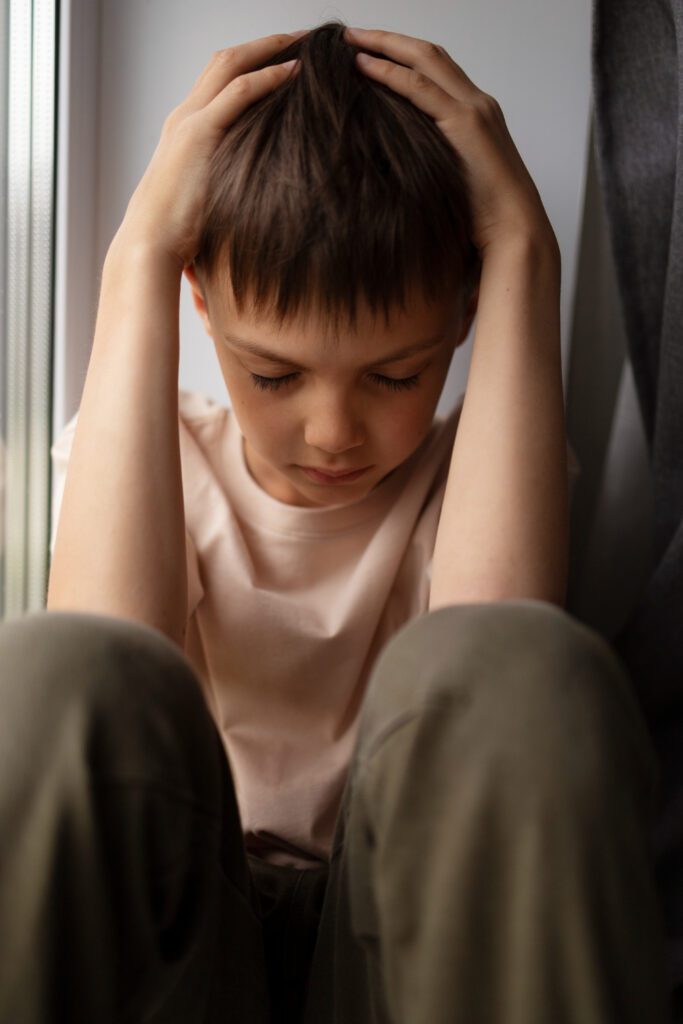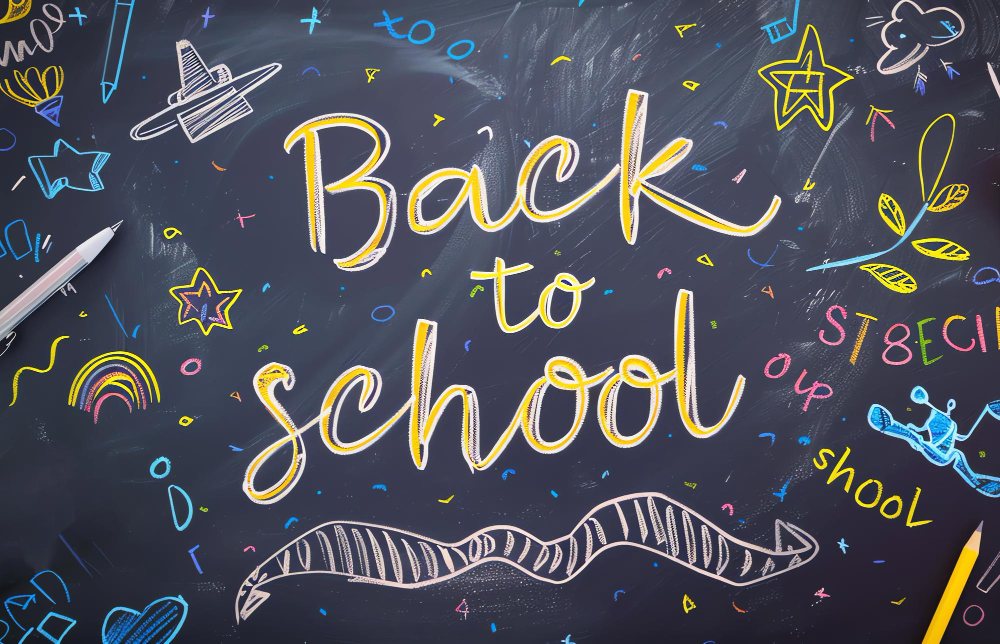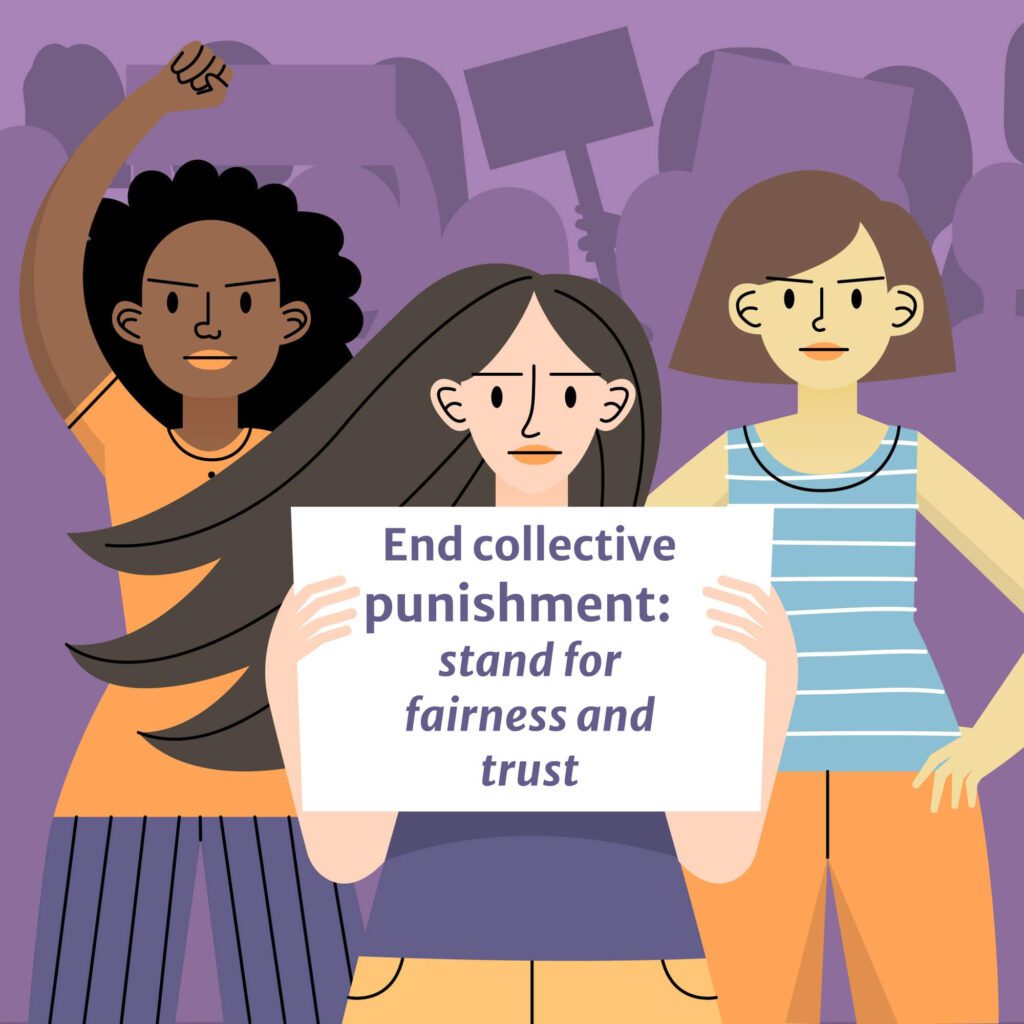This page offers tools to help educators, families, and advocates recognise these disciplinary patterns as systemic rather than personal, to name the harm without blame, to interrupt the normalisation of classroom control strategies rooted in scarcity and compliance, and to build new approaches that centre dignity, access, regulation, and repair for every student in the room—especially those who have been historically excluded by the very structures claiming to serve them.
Types of punishment
From isolation and physical restraint to token economies, loss of privileges and denial of accommodations. Learn how each practice operates in policy and in practice in BC Schools, the rationale often cited for its use, and the disproportionate impact on students with disabilities and neurodivergent learners.


Collective punishment in BC school districts
Explore school districts across British Columbia and their positions on collective punishment. Links to statements are provided, where available. Our goal is transparency, accountability, and the amplification of local perspectives. Click any district to learn more or submit an official response.
Collective punishment at your school
Find information tailored to individual schools across British Columbia. Use our searchable directory to locate policies, incident summaries and parent resources for specific schools—so families and advocates can quickly access the data and tools they need to hold their community accountable and drive change.

Collective punishment across Canada
Across Canada, children are still being punished for the actions of others—recesses cancelled, field trips withheld, and classroom privileges revoked based on group behaviour. This practice, known as collective punishment, has no place in an inclusive, rights-based education system.


Resources
Tools, strategies, and community-led resources for navigating school advocacy, challenging scarcity, and building inclusive education.






